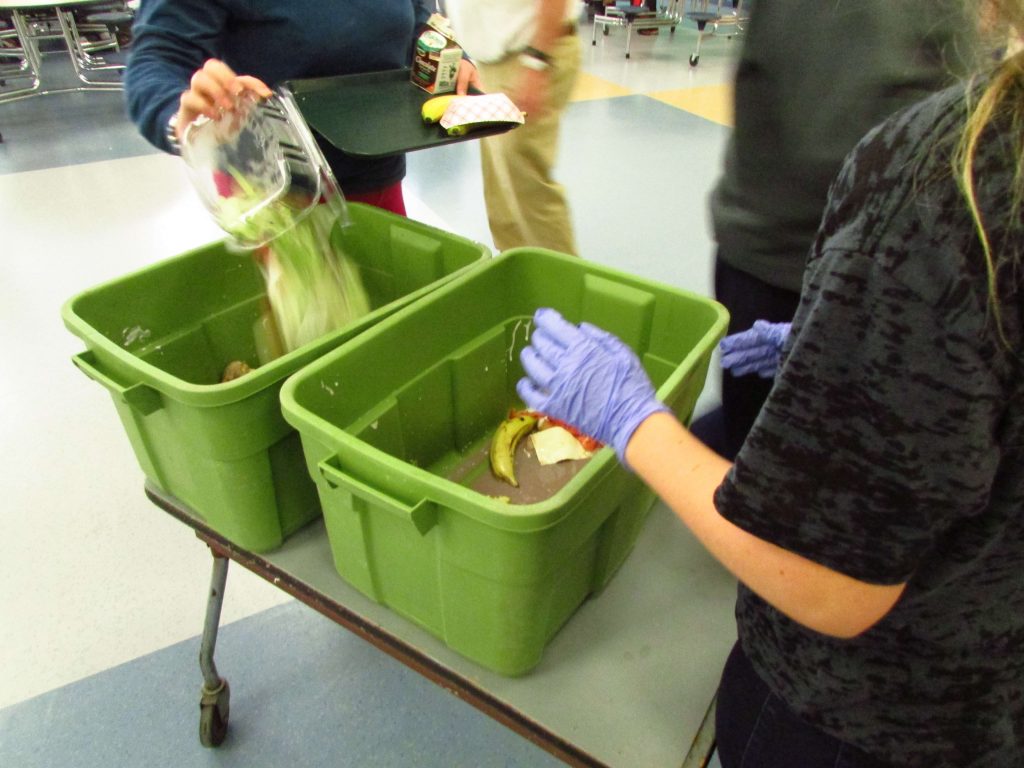Eating better, discarding less: New toolkit helps Maine’s K-12 schools reduce food waste

Every year, Maine throws away around 361,000 tons of food—nearly 40% of production—with about 4,200 tons lost in K-12 schools alone. To tackle this, the Maine Department of Education, Maine Department of Environmental Protection (DEP), and UMaine’s Mitchell Center have rolled out a “No More Wasted Food” DIY toolkit in time for Maine Wasted Food Awareness Week.
The toolkit offers practical strategies for schools—like “share carts” and sorting stations—to track and reduce waste. Pilot schools already implementing these strategies saw up to a 25% drop in overall food waste and up to a 64% reduction in discarded fruits and vegetables.
“As a small team working out of the Mitchell Center, we can only work with so many schools. But the new toolkit will give all Maine schools the opportunity to pursue the kind of work we’ve done with our pilot schools. And with the legislature moving aggressively to achieve the state’s wasted food goals, this toolkit has become even more important,” said William Brenneman, graduate research assistant who led the development of the toolkit.
The toolkit is the latest effort by the Mitchell Center’s Food Rescue MAINE team to reduce wasted food statewide. It comes one year after the Maine DEP released the first ever Maine Food Loss and Waste Generation Study, co-authored by Mitchell Center faculty and other researchers.
